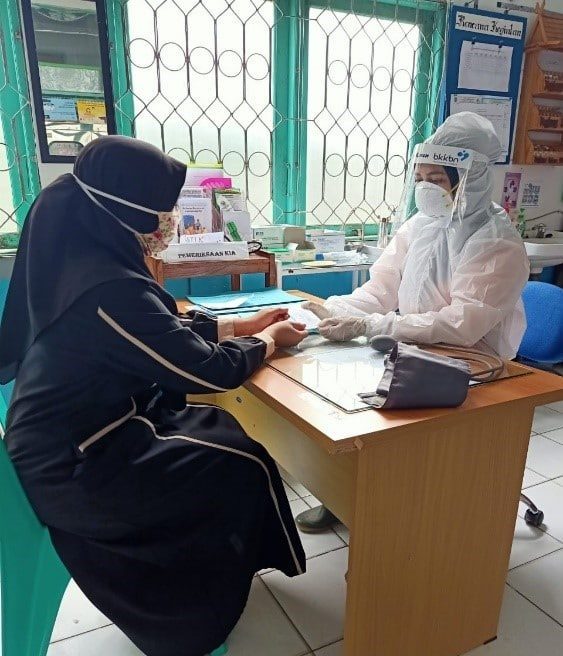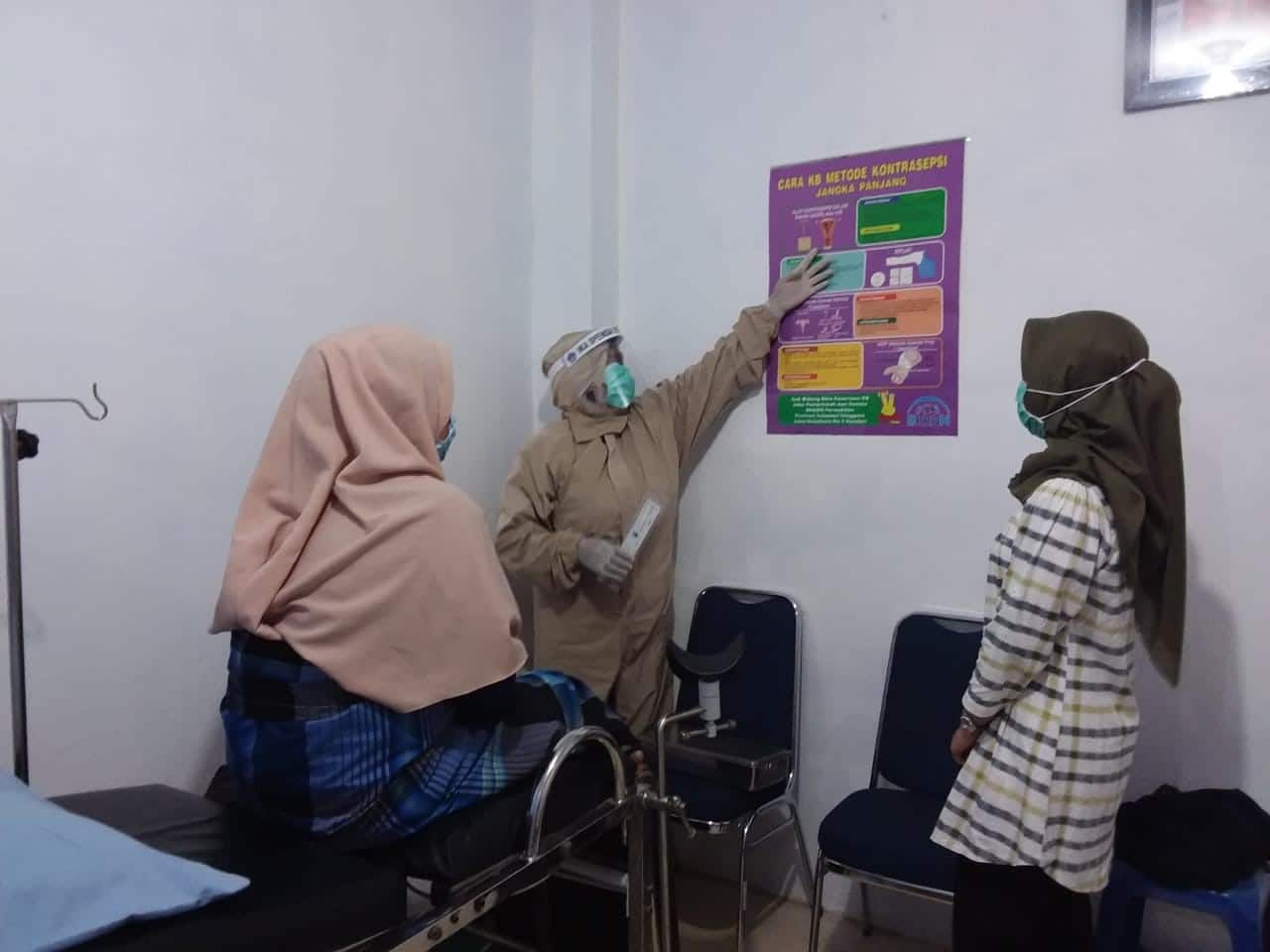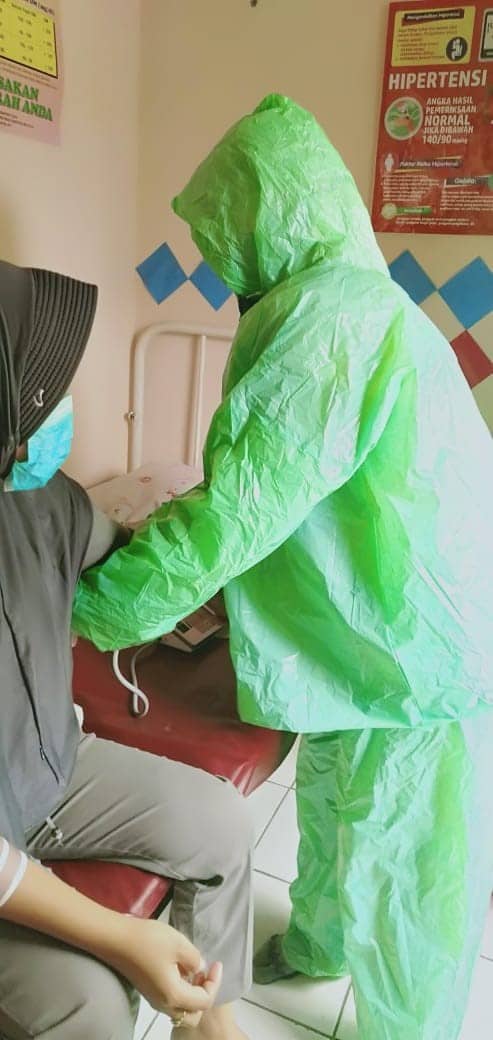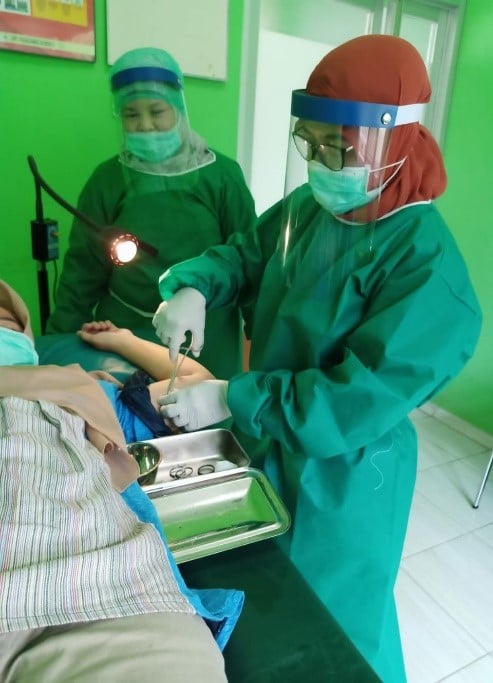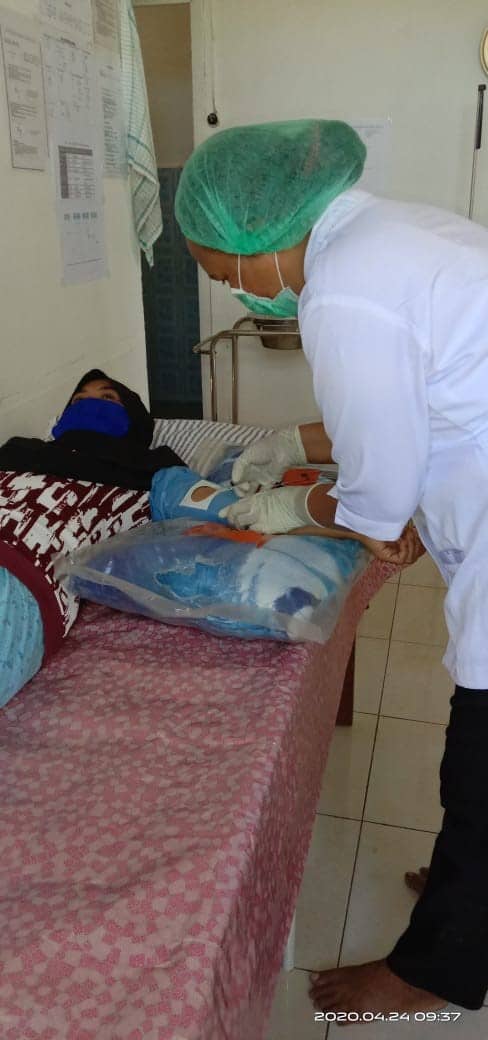Commonly known as the coronavirus, Severe Acute Respiratory Syndrome Coronavirus 2 (SARS-CoV-2) is a novel virus that spreads through human to human transmission. A person may become infected when exposed to droplets of an ill person who sneezes or coughs. The droplets may also fall on surfaces; a healthy person may get infected when touching the infected surface and then touches the facial area. As of May 2020, the Corona Virus Disease 2019 (COVID-19), which results from coronavirus infection, has spread rapidly to 212 countries. The virus’ genetic mutation is similar to HIV, which means it is 1,000 times more capable of attacking human cells than the SARS Virus.
COVID-19 may infect virtually anyone. In the months during its global spread, it has caused unprecedented impacts on a variety of aspects to numerous countries, including family planning. The COVID-19 pandemic may very well increase the risk of unintended pregnancies, as family planning service delivery of any contraceptive method hampered nation-wide. As social restrictions are imposed, eligible couples need to delay seeking contraceptive services to healthcare facilities. More importantly, unintended pregnancies may lead to other issues, such as abortion, increased risk of maternal and child mortality, anemia in expecting mothers, malnutrition in both the mother and child, pre-term delivery, low birth weight, to inadequate childcare.
Responding to this situation, BKKBN promptly designed several policies and strategies applicable to all provinces in Indonesia to maintain family planning participation amid COVID-19 pandemic. The policies and strategies, enacted in BKKBN Head Regulation No. 8 of 2020, are:
Policy 1
BKKBN (central and province) and the Office for Child Empowerment and Protection and Population Control (DPPAPP) of Jakarta to coordinate with the office of population control and family planning in regency/city level to promote family planning retention and prevent contraceptive discontinuation. This outreach activity will use various media, but primarily online platforms.
Policy 2
Family planning field workers to coordinate with rural volunteers to analyze data of eligible couple based on the official data form (code R/1/PUS) to identify accurately the number and location of eligible couples who need contraceptive services – injectables, pills, IUD, implant.
Policy 3
Family planning field workers to distribute pills and condoms under the supervision of a primary healthcare facility/doctor/midwife.
Policy 4
Family planning field workers to coordinate with their nearest primary healthcare facilities and midwives to prepare and deliver family planning services; field workers are to continue promoting family planning participation, including by using IEC materials and counselling using online platforms, social media, or field visit. If the latter is preferred, the field worker must maintain safe physical distance.
Policy 5
To engage midwives as the supervisor and facilitator in the distribution of contraceptives by family planning field workers.
The strategies are:
- Provide short-acting contraceptives to active acceptors during the pandemic to minimize the risk of discontinued contraceptive use
- Field workers to collect data of all existing acceptors and first-time users in their work areas. Data should consist of: Name, National ID number and Address
- Contraceptive method used
- Actively disseminate IEC materials (via online/social media platforms) to communicate about the current situation to future acceptors and what can they do to delay pregnancy until service can resume
- Re-allocation of LARC funds to support the procurement of PPEs – gloves and masks – and to provide incentives for injectable delivery to midwifes who work with poor eligible couples; use of funds will also focus on pills and condoms
- Through an official letter from the acting deputy for family planning and reproductive health (Letter Number 457/I/KB.06.02/E1/2020 dated 9 April 2020), encourage provincial BKKBN representative offices to come up with innovative, creative ways to prevent contraception discontinuation during the pandemic and to deliver services to one million acceptors simultaneously during the National Family Day. Provincial offices may work with family planning work units in the local level and relevant partners and consider the local characteristics in their innovations.
The role of BKKBN during the pandemic includes:
- To ensure contraception continuity throughout the pandemic:
- Provide mobile family planning services
- Visit eligible couples who need services
- Minimize contraception discontinuation and prevent unintended pregnancies:
- Optimize the role of field workers
- Mobilize Family Planning Mobile Information Unit to communities to provide IEC materials on COVID-19 prevention
Family planning service protocol during COVID-19 pandemic:
- Midwives/doctors are required to use PPEs and masks. Postpone female and male surgical sterilization; recommend other contraceptives to clients
- Practice physical distancing during service delivery, including when handing over pills or condoms to a client.
- Clients must wear masks. Clients need to make appointment prior to visiting midwife/doctor’s practice.
- In case of injectable delivery, ask clients to lay on their chest or on their side, facing the opposite direction of the doctor/midwife.
BKKBN has also come up with innovative programs that immediately benefit the people in response to COVID-19:
- Strengthen network with field workers – both civil servants, paid contract staff, and volunteers
- Create counselling materials (as vlogs) in local languages
- Develop e-learning application
- Coordinate with the Midwives Association to standardize family planning delivery protocol and to distribute PPEs
- Engage public figures (celebrities) to volunteer as BKKBN’s IEC campaign face
- Ensure that the supply chain of (free) contraceptives reach the intended acceptors
- Plan service delivery to one million clients simultaneously on National Family Day
BKKBN, its partners, and the society have always been standing in solidarity with respect to family planning service delivery, and the COVID-19 pandemic creates no exception. Commitment and teamwork are BKKBN’s most important strengths to be able to contribute its best for the government. BKKBN will continue to strive to realize balanced population growth and quality families in Indonesia.
#togetheragainstcorona.
FP delivery amid COVID-19 pandemic
